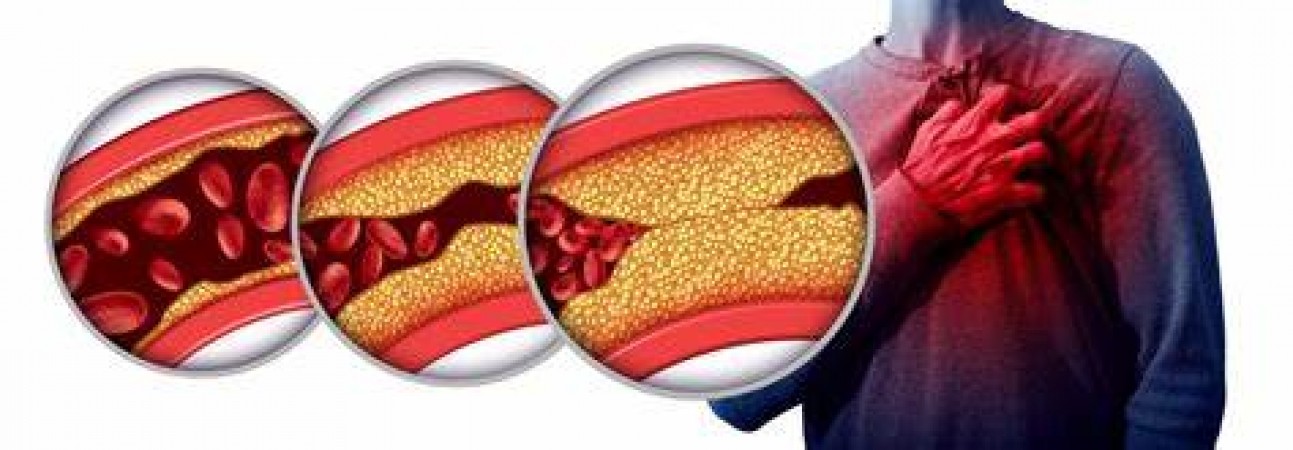When it comes to chest pain, distinguishing between heartburn and a heart attack is a matter of life and death. Both conditions can induce chest discomfort, but they are fundamentally divergent in origin, gravity, and treatment. It is imperative to differentiate between these two to ensure the right course of action. This comprehensive guide elucidates the disparities between heartburn and a heart attack, encompassing symptoms, etiology, and risk factors.
H3: Deciphering Heartburn
H4: Unpacking the Essence of Heartburn
Heartburn is a prevalent gastrointestinal ailment, characterized by a burning sensation that surfaces in the chest or throat. This discomfort is the result of stomach acid regurgitating into the esophagus, causing irritation and unease.
H4: Heartburn's Symptomatic Language
- Burning Sensation in the Chest or Throat
- Sour Taste Lingering in the Mouth
- Regurgitation of Stomach Contents
- Belching, Often Followed by Relief
- Discomfort Heightened After Eating or While Recumbent
H4: Unearthing the Underlying Causes
Various factors can ignite heartburn, including:
- Gastroesophageal Reflux Disease (GERD)
- Consumption of Spicy or Fatty Foods
- Overindulgence in Food
- Obesity
- Pregnancy
- Hiatal Hernia
H4: Tactics to Alleviate Heartburn
Managing heartburn effectively involves employing the following strategies:
- Over-the-Counter Antacids
- Implementing Lifestyle Modifications, Including Dietary Adjustments
- Prescription Medications for Severe Cases
- Steering Clear of Trigger Foods
H3: Exploring a Heart Attack
H4: The Essence of a Heart Attack
Conversely, a heart attack, medically known as a myocardial infarction, is a life-threatening event where blood flow to the heart muscle becomes severely restricted or obstructed, leading to damage or death of heart tissue.
H4: Symptomatology of a Heart Attack
Recognizing a heart attack is critical, as it entails symptoms such as:
- Crushing Chest Pain or Overwhelming Pressure
- Radiating Pain, Usually to the Left Arm, Shoulder, or Jaw
- Breathlessness
- Nausea and Vomiting
- Cold Sweats
- Dizziness or Fainting Spells
H4: The Root Causes
Several factors can precipitate a heart attack, including:
- Coronary Artery Disease
- Atherosclerosis
- Formation of Blood Clots
- Smoking
- High Blood Pressure
- Diabetes
- Family History
H4: Immediate Response to a Heart Attack
Timely intervention can be life-saving during a heart attack:
- Dial 911 Immediately
- Chew Aspirin if Advised by a Healthcare Provider
- Maintain Calmness and Avoid Physical Exertion
- Use an Automated External Defibrillator, if Available
- Comply with Medical Instructions Diligently
H2: Unveiling the Disparities
H3: Location of Pain
- Heartburn: Pain chiefly resides in the chest and may extend to the throat.
- Heart Attack: Pain originates in the chest but typically radiates to the left arm, shoulder, or jaw.
H3: Nature of Pain
- Heartburn: Characterized by a burning sensation or discomfort.
- Heart Attack: Manifests as intense, crushing pain or pressure.
H3: Duration of Pain
- Heartburn: Pain is often fleeting and can be alleviated with antacids or positional adjustments.
- Heart Attack: Pain persists, often lasting more than a few minutes.
H3: Additional Symptoms
- Heartburn: Accompanied by a sour taste in the mouth, belching, and regurgitation.
- Heart Attack: Presents with shortness of breath, nausea, cold sweats, and dizziness.
H2: Factors Predisposing to These Conditions
H3: Heartburn Risk Factors
- Dietary Choices
- Obesity
- Pregnancy
- Hiatal Hernia
H3: Heart Attack Risk Factors
- Smoking Habits
- High Blood Pressure
- Elevated Cholesterol Levels
- Diabetes
- Family History of Heart Disease
H2: In Conclusion
In summation, while both heartburn and heart attacks can manifest as chest pain, distinguishing between them is paramount. Heartburn typically results from gastrointestinal issues like acid reflux, whereas a heart attack is a life-threatening cardiovascular event. Recognizing the symptoms, triggers, and risk factors empowers individuals to make informed decisions when seeking medical assistance.
Always remember that if you experience severe chest pain or suspect a heart attack, calling 911 without delay is crucial. Swift and appropriate action can be the difference between life and death.
Samudrayaan Mission: India's Ambitious Quest for Clean Energy Through Deep-Sea Mining
IPO Techknowgreen Solutions: Subscriptions Surge as Investors Flock In
Motorola Edge 40 Neo: Unleashing the Power of 144Hz Brilliance, Check Here
